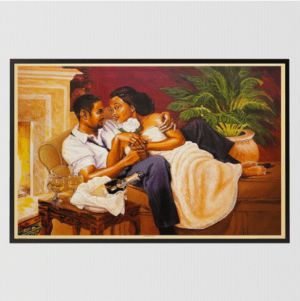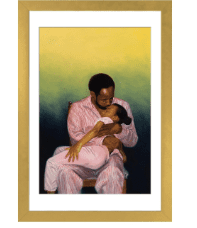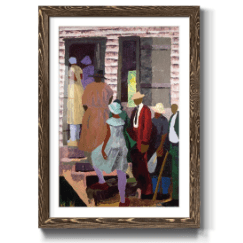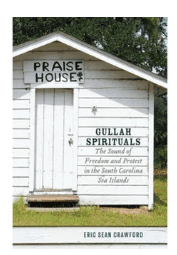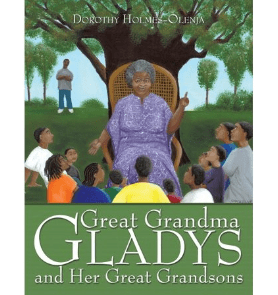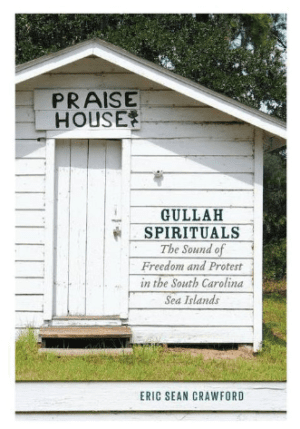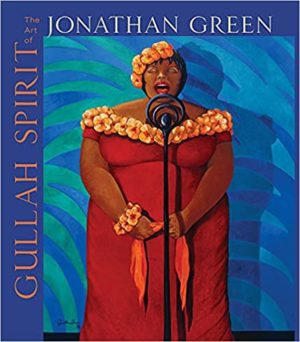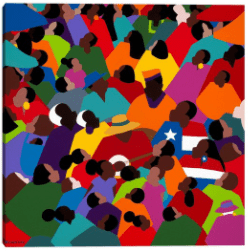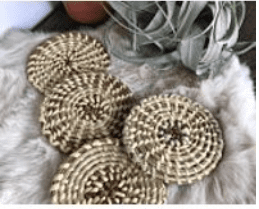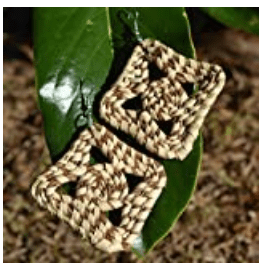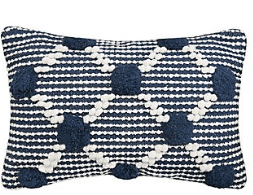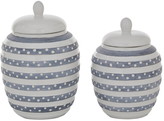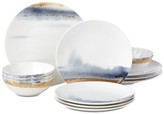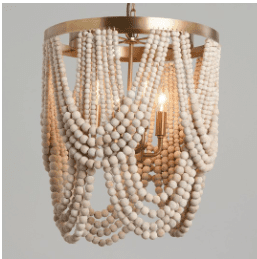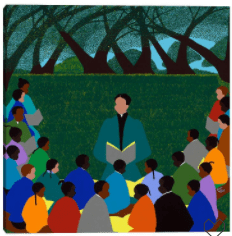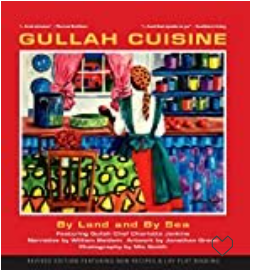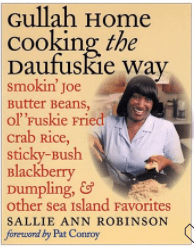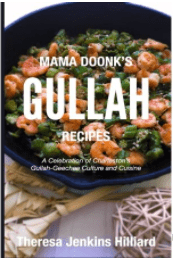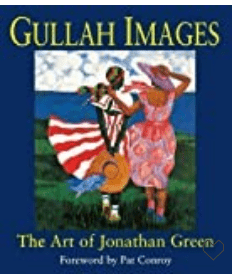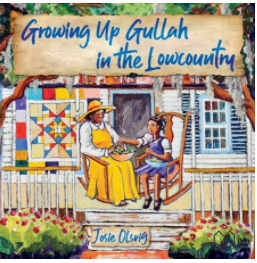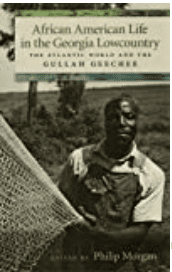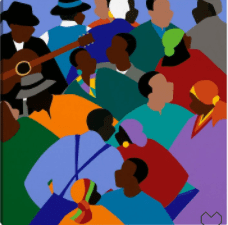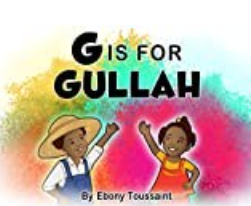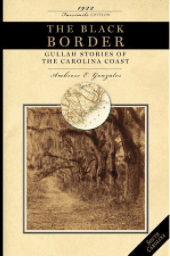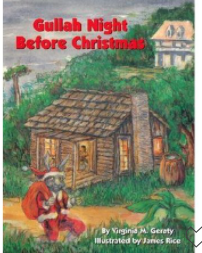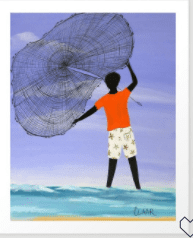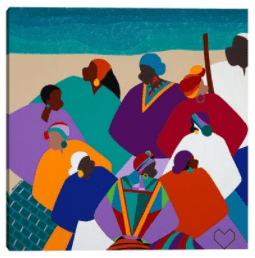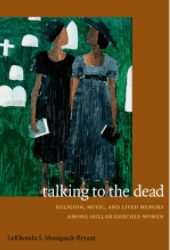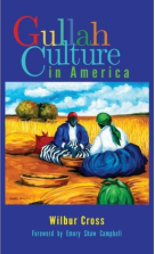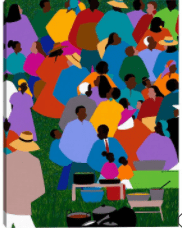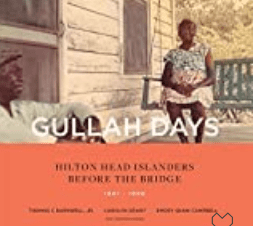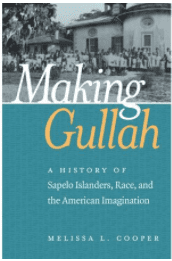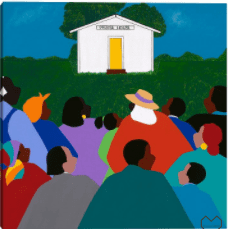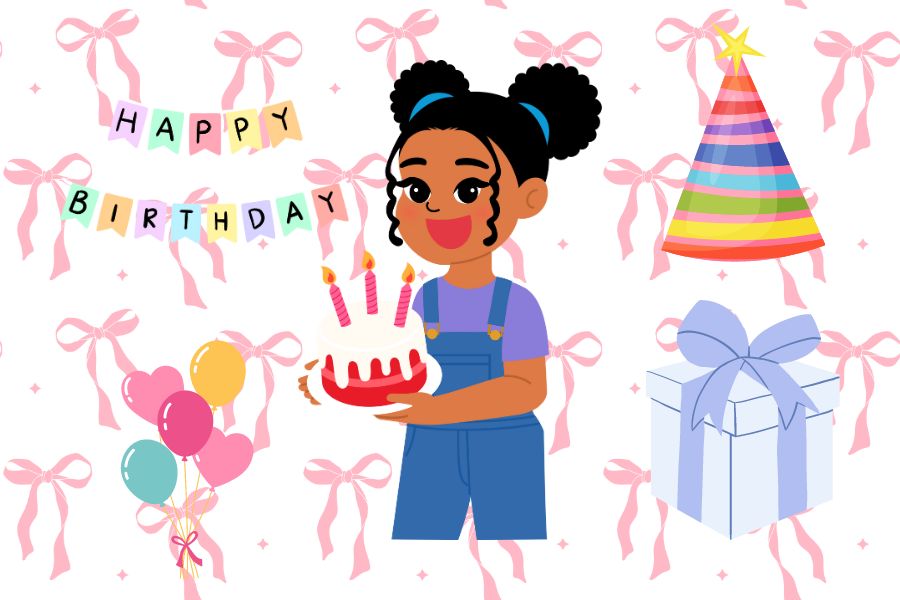
Birthday celebrations in the Black community are as unique as its people. Some opt to celebrate in an informal and intimate way with family and friends, while others prefer something more grand and spectacular. Author and former Kentucky poet laureate Crystal Wilkinson wrote an essay about the importance of African Americans birthday celebrations. She writes, “How important it was to mark another trip around the sun. How exhilarating and affirming it feels to be celebrated on the day of your birth.”
In her essay, Wilkinson also notes that Frederick Douglass chose a birthdate (Feb. 14), because he had no knowledge of his own birthdate, referencing his 1845 autobiography, “Narrative of the Life of Frederick Douglass, an American Slave.” He said, “I have no accurate knowledge of my age, never having seen any authentic record containing it. By far the larger part of the slaves know as little of their ages as horses know of theirs, and it is the wish of most masters within my knowledge to keep their slaves thus ignorant. I do not remember to have ever met a slave who could tell of his birthday. They seldom come nearer to it than planting-time, harvest-time, cherry-time, spring-time, or fall-time.”
Given the plausibility of Douglass’s observations, it’s little wonder that birthday celebrations for many Blacks have become an imperative over time. But, no matter the personal choice in how to celebrate, there are three rituals that span the test of time and location.
The Right Happy Birthday Song
Generations of African Americans were conditioned to sing the traditional “Happy Birthday to You” song, which is a song that can be personalized. “Happy birthday dear___!” But a new tradition was born in 1981 when Stevie Wonder released his musical petition for the MLK Jr. holiday, “Happy Birthday.” Without mentioning a name, including Martin’s, the upbeat, rhythmic chorus continues to make a celebration quite personal and complete. In 2003, rapper 50 Cent gave us a saucier birthday song straight from the intro lyrics of “In da Club.”
“Go, go, go, go, go, go
Go Shorty, it’s your birthday
We gon’ party like it’s your birthday
And we gon’ sip Bacardi like it’s your birthday”
Most recently, a social media trend has emerged that involves a harmonic gospel infused singing of the traditional birthday song. The hand-clapping and foot stomping provide an incredible and infectious sense of joy and celebration.
Depending on the person and party, all three songs could be sung!
Cash Gifts You Can Wear
One of the most glorious Black birthday traditions involves pinning money over the heart of an honoree. It begins with someone other than the recipient pinning a paper bill onto the clothing that indirectly encourages others to follow suit. Depending on the givers, the celebrant could look like they’re wearing a money corsage. Thought to have started with Afro Creoles in Louisiana as an offshoot of a West African tradition of spraying (dashing) or sprinkling money on brides, pinning money traveled throughout the United States as people migrated from the South to other states.
Variations of pinning money can be found in Black households as far away as Hawaii, where a celebrant may receive a lei made of dollar bills — a practice common to islanders.
Favorite Eats, Sweets and Treats
No birthday celebration is complete without the celebratory meal. Whether it’s cooked at home or enjoyed in a restaurant, the celebrant gets to eat their favorite dish and enjoy a delicious dessert. The dessert can be a traditional birthday cake or pie. Maybe they’ll receive a special treat such as candy. Without question, food is an important part of the day.
Singing, pinning and eating are three essentials to a festive and memorable Black birthday celebration. As you grow another year wiser, create a tradition that honors your special day.
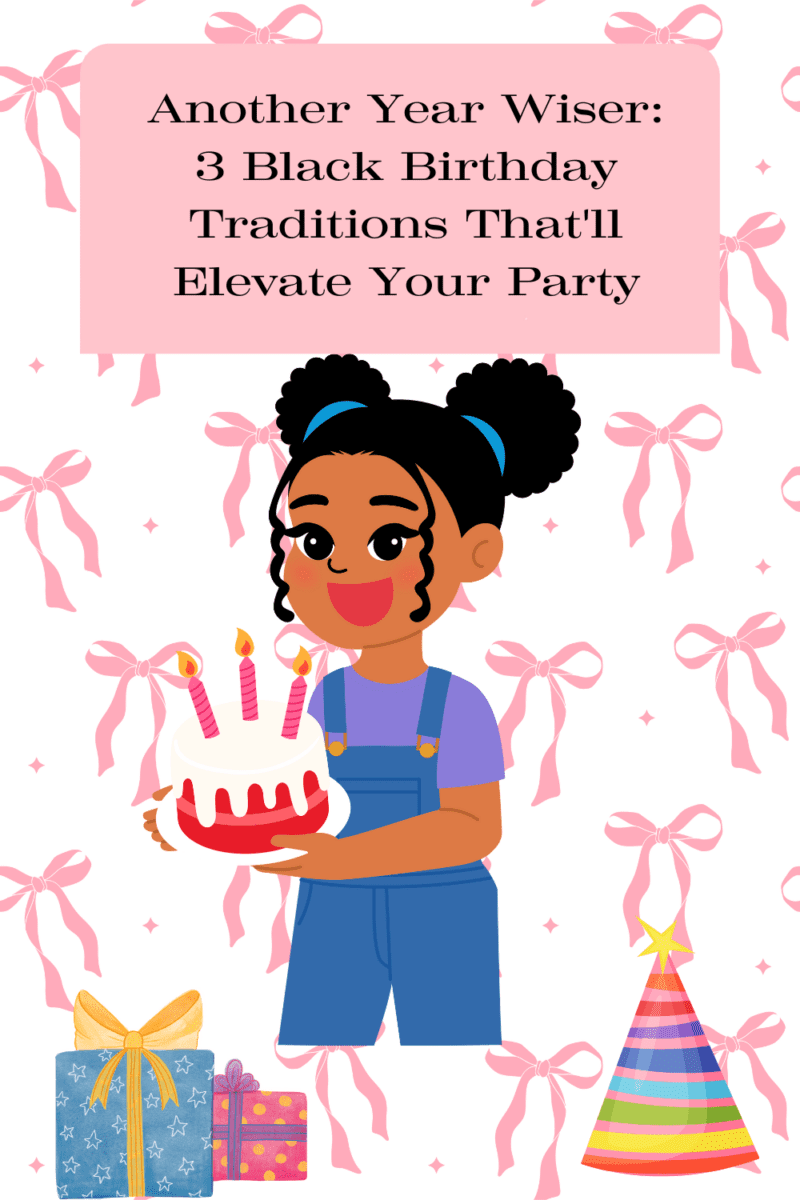
The author’s content and opinions have not been pre-reviewed, approved or endorsed by Discover.
